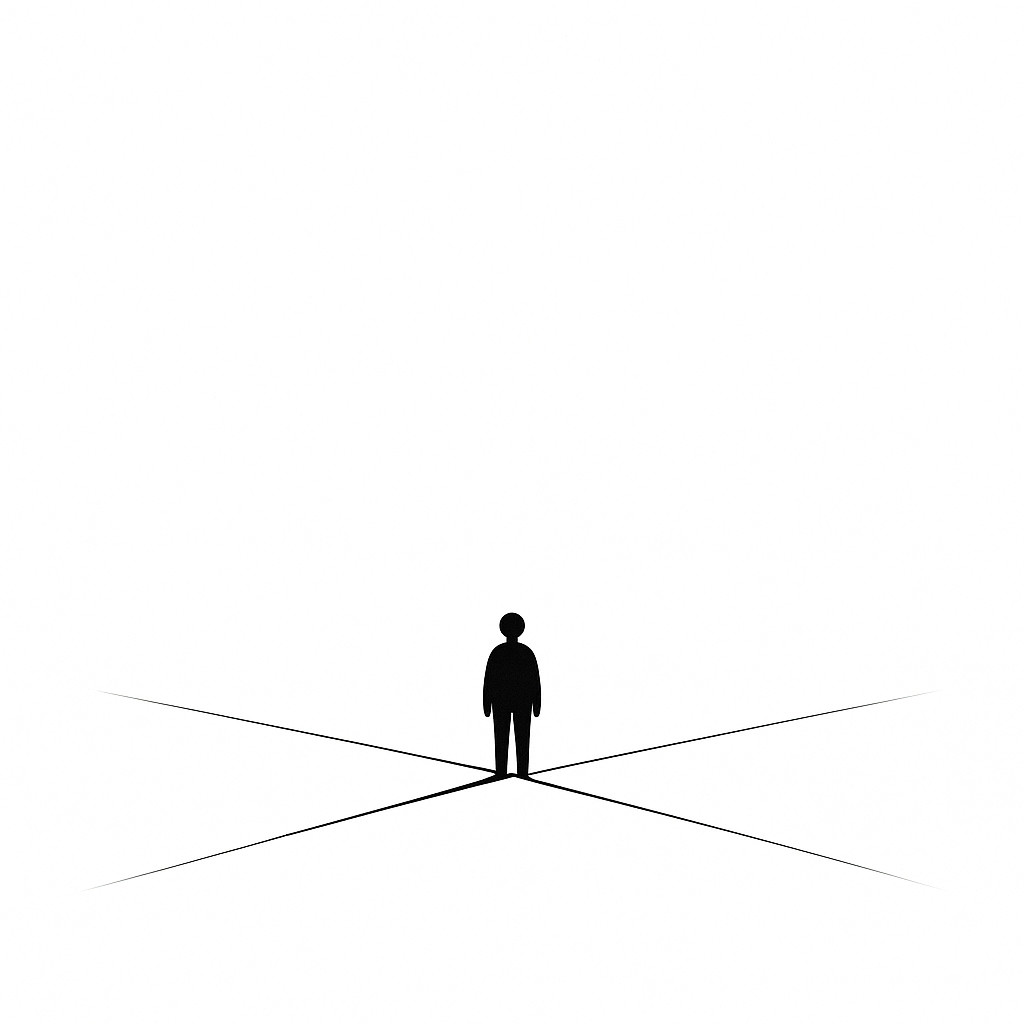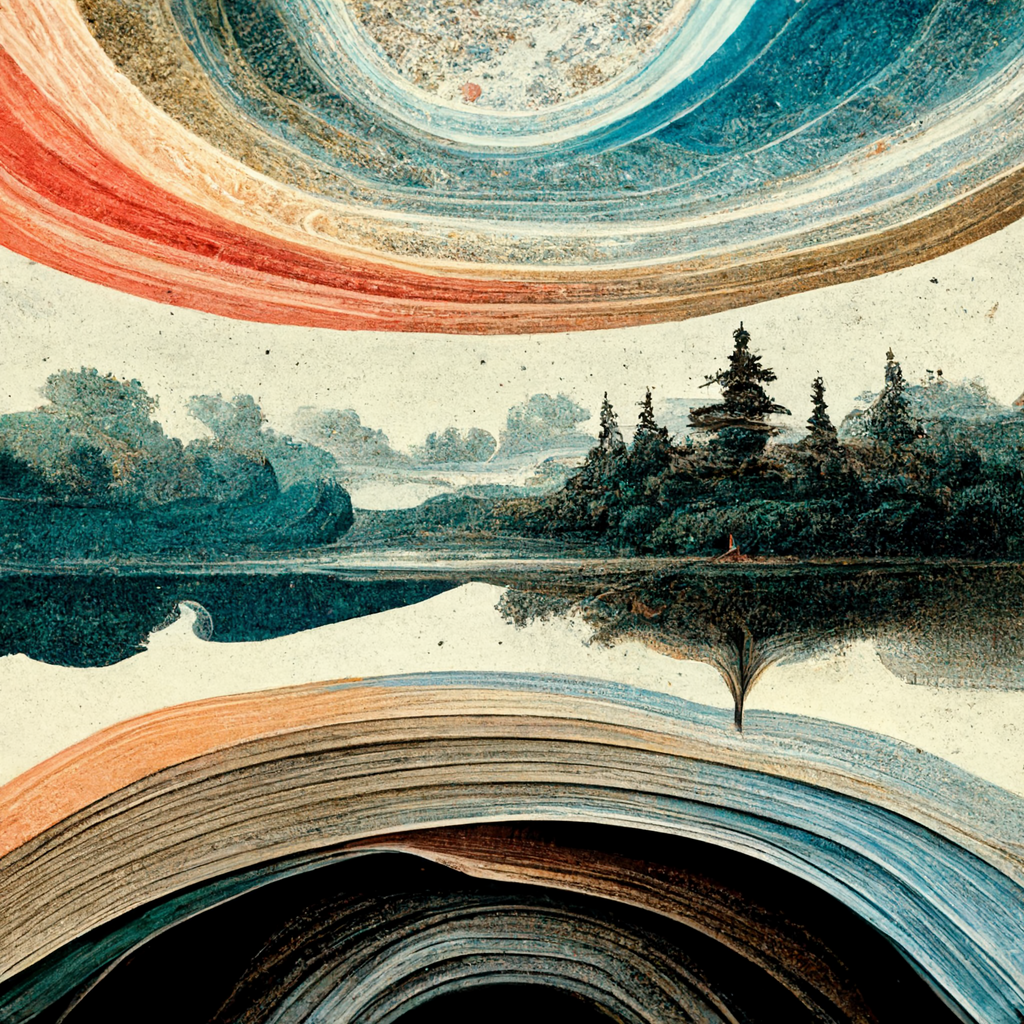In a rare, long-form conversation that felt less like an interview and more like a philosophical jamming session, Zerodha co-founder Nikhil Kamath sat down with Elon Musk. The discussion, hosted for Kamath’s “People by WTF” podcast, veered away from standard stock market talk and deep into the future of humanity.
From the physics of Starlink to the metaphysics of simulation theory, Musk offered a timeline for when human labor might become obsolete and gave pointed advice to India’s rising generation of builders. Here is the breakdown of what you need to know.
TL;DR
The Gist: Elon Musk predicts that within 15 to 20 years, AI and robotics will make human labor optional, leading to a “Universal High Income” rather than a basic one. He reiterated his belief that we likely live in a simulation, discussed the economic crisis facing the US, and advised Indian entrepreneurs to focus on “making more than they take” rather than chasing valuation.
Key Takeaways
- The End of Work: Musk predicts that in less than 20 years, work will become optional due to advancements in AI and robotics. He frames the future not as Universal Basic Income (UBI), but Universal High Income (UHI), where goods and services are abundant and accessible to all.
- Simulation Theory: He assigns a “high probability” to the idea that we are living in a simulation. His logic: if video games have gone from Pong to photorealistic in 50 years, eventually they will become indistinguishable from reality.
- Starlink’s Limitations: Musk clarified that physics prevents Starlink from replacing cellular towers in densely populated cities. It is designed to serve the “least served” in rural areas, making it complementary to, not a replacement for, urban 5G or fiber.
- The Definition of Money: Musk views money simply as a “database for labor allocation.” If AI provides all labor, money as we know it becomes obsolete. In the future, energy may become the only true currency.
- Advice to India: His message to young Indian entrepreneurs was simple: Don’t chase money directly. Chase the creation of useful products and services. “Make more than you take.”
- Government Efficiency (DOGE): Musk claimed that simple changes, like requiring payment codes for government transactions, could save the US hundreds of billions of dollars by eliminating fraud and waste.
Detailed Summary
1. AI, Robots, and the “Universal High Income”
Perhaps the most optimistic (or radical) prediction Musk made was regarding the economic future of humanity. He challenged the concept of Universal Basic Income, arguing that if AI and robotics continue on their current trajectory, the cost of goods and services will drop to near zero. This leads to a “Universal High Income” where work is a hobby, not a necessity. He pegged the timeline for this shift at roughly 15 to 20 years.
2. The Simulation and “The Most Interesting Outcome”
Nikhil Kamath pressed Musk on his well-known stance regarding simulation theory. Musk argued that any civilization capable of running simulations would likely run billions of them. Therefore, the odds that we are in “base reality” are incredibly low. He added a unique twist: the “Gods” of the simulation likely keep running the ones that are entertaining. This leads to his theory that the most ironic or entertaining outcome is usually the most likely one.
3. X (Twitter) as a Collective Consciousness
Musk described his vision for X not merely as a social media platform, but as a mechanism to create a “collective consciousness” for humanity. By aggregating thoughts, video, and text from across the globe and translating them in real-time, he believes we can better understand the nature of the universe. He contrasted this with platforms designed solely for dopamine hits, which he described as “brain rot.”
4. The US Debt Crisis and Deflation
Musk issued a stark warning about the US national debt, noting that interest payments now exceed the military budget. He believes the only way to solve this crisis is through the massive productivity gains AI will provide. He predicts that within three years, the output of goods and services will grow faster than the money supply, leading to significant deflation.
5. Immigration and the “Brain Drain”
Discussing his own background and the flow of talent from India to the US, Musk criticized the recent state of the US border, calling it a “free-for-all.” However, he distinguished between illegal immigration and legal, skilled migration. He defended the H1B visa program (while acknowledging it has been gamed by some outsourcing firms) and stated that companies need access to the best talent in the world.
Thoughts and Analysis
What stands out in this conversation is the shift in Musk’s demeanor when speaking with a fellow builder like Kamath. Unlike hostile media interviews, this was a dialogue about first principles.
The most profound takeaway is Musk’s decoupling of “wealth” from “money.” To Musk, money is a temporary tool to allocate human time. Once AI takes over the “time” aspect of production, money loses its utility. This suggests that the future trillionaires won’t be those who hoard cash, but those who control energy generation and compute power.
For the Indian audience, Musk’s advice was grounded and anti-fragile: ignore the valuation game and focus on the physics of value creation. If you produce more than you consume, you—and society—will win.





